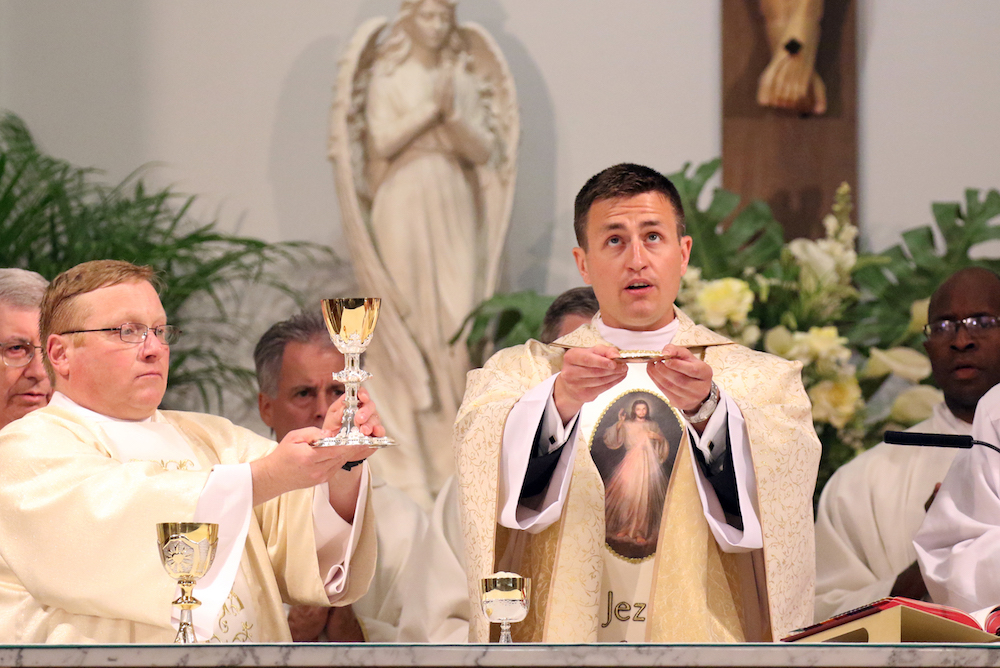Traditional Catholics are a "faction"?
It depends on, which for the outsider can be tricky, on what is meant by 'traditional'.
I have no first-hand experience, but from searches on the web it would appear the outfits you listed punch far above their weight, and the theology espoused on their sites speaks more of US post-colonialism than the actual traditions of the Catholic Church –
In their view, the Church should advance with the threat of hell and eternal damnation front and centre, first and foremost, and anyone who does not fall into line with that is a sinner, a heretic and an outrage against God and His works – and that includes just about everything the Church has said and done since Vatican II and everyone in clerical orders – except those, of course, who march to the traditionalists' drum.
+++
I consider myself a Traditionalist – but here's the thing – my traditionalism is founded on a theological and ecumenical movement within the Church called
Ressourcement Theologie. The word means 'A return to the sources' and it signalled a revitalisation of the studies of the Patristic Era – roughly from the founding of the Church until the turn of the First Millennium, but this is anathema to such 'traditionalists', who regard anything vaguely associated with Vatican II as a grave error and the cause of everything wrong and the source of every ill.
Such 'traditionalists' claim to adhere to tradition – but it's very much on their terms, which is to say, it is not adherence to tradition, properly conceived as such, at all. They are steeped in and shaped by post-colonial American Right Wing political values – nothing at all really to do with the ancient practice of the Church – these are just the window-dressing.
Attendance at a Latin Mass does not make one a traditionalist. I would have thought most who attend do so because they love the liturgy. They are, simply, Catholics in response to the symbolism and the beauty of certain liturgical forms. The relation of the Latin to the
Novus Ordo (mass in the vernacular) I would say, simply, is something akin to the relationship between poetry and prose ...
I have nothing against the vernacular mass. I just wish they had engaged a poet or lyricist to polish the words which, to my sensibility, often fall short of their implication. (In defence, I know, sense and have seen how some phrases in the common tongue lack not one jot of the awe, wonder, beauty and majesty despite their simplicity – and perhaps because of it.)
Most notable is the common claim of Trad Cats to stand in defence of a Church that is
One, Holy, Catholic, and Apostolic, and then weigh in against the clergy, the magisterium, and almost anyone who doesn't share their outlook!
+++
Saul of Tarsus before his Damascus epiphany is an ideal poster-boy of the Trads, re-affirming the Old Ways with in effect a Jewish 'Office of the Inquisition' – but then something happened, and he got 'woke'!
In his letter to the Church in Rome:
"Do not be conformed to this world but be transformed by the renewal of your mind, that you may prove what is the will of God, what is good and acceptable and perfect." (Romans 12:2).
That, the Christian is called to do every day.

